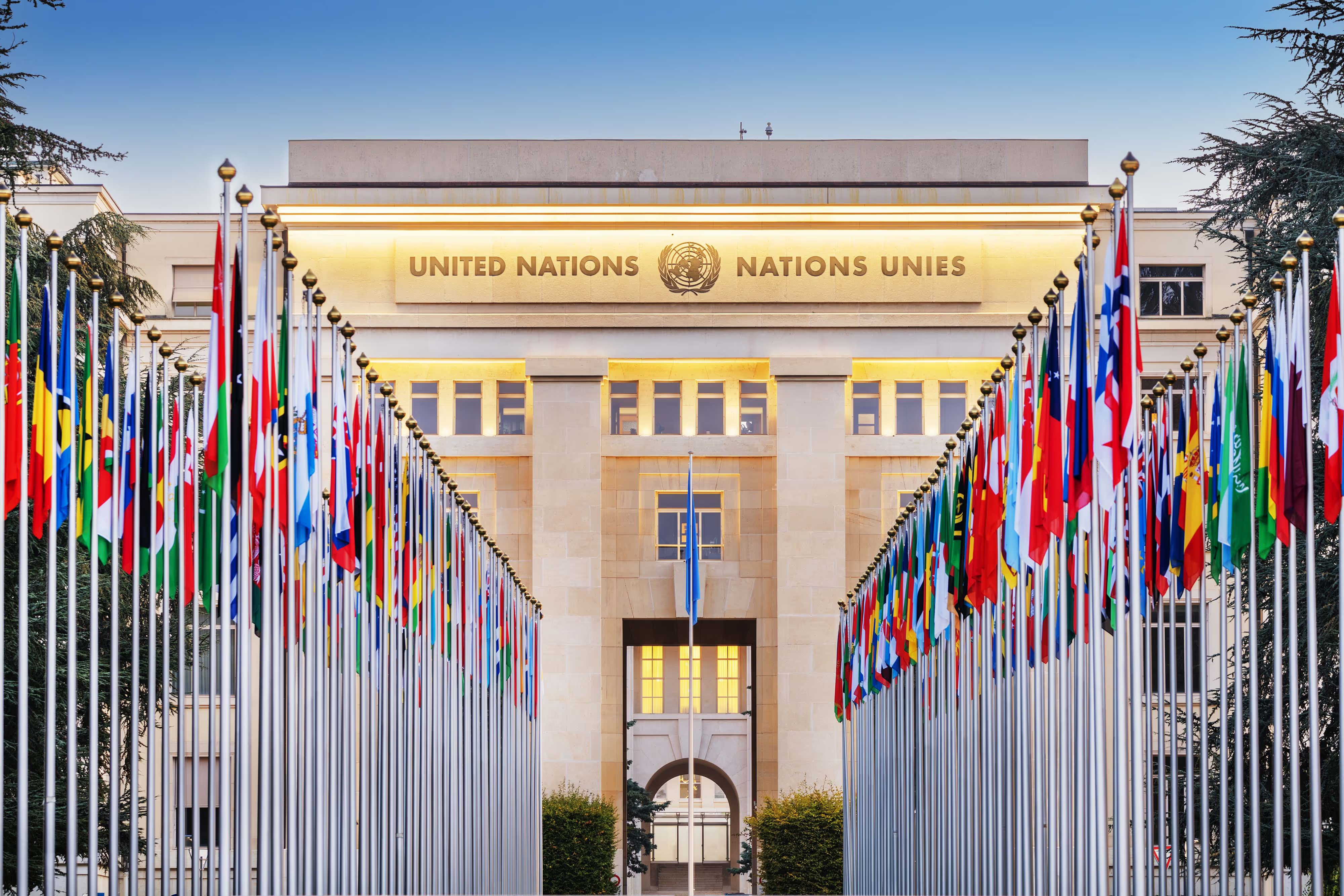The US, alongside a handful of other partners, supports Taiwan’s defence and security primarily through indirect and carefully calibrated measures. Those efforts aim to strengthen Taiwan’s capacity for self-defence while avoiding steps that might trigger retaliation from Beijing.
The United States
The US remains Taiwan’s most important security partner. Under the Taiwan Relations Act of 1979, Washington commits to providing Taiwan with the means to defend itself, although it stops short of making a formal pledge of direct military intervention.
Arms sales
Since 1979, US support has centred on arms sales designed to help Taiwan build a credible, resilient and cost-effective deterrent. Transfers have included advanced aircraft, missiles, air-defence systems and naval assets, which are critical for countering potential PLA amphibious, missile and air campaigns.
Aircraft
Air-defence systems
Armoured vehicles
Artillery
Engines
Missiles
Sensors
Naval weapons
Ships
TOTAL
Military training
After a period of virtually no overt US military presence in Taiwan throughout the 1980s and 1990s, the scope of US–Taiwan training has expanded markedly. By 2025, around 500 US personnel, including Special Operations forces, National Guard units, Marine Corps trainers, and Security Forces Assistance Brigades, were operating in Taiwan.
Congressional disclosures confirm that Taiwanese military personnel receive defence and security training in the US. In 2025, hundreds of Taiwanese troops reportedly participated in exercises at Camp Grayling, Michigan, alongside US forces and those of nine other international partners. In addition, Taiwanese officers attend US military institutions, and graduates from West Point, the Naval Academy and the Air Force Academy are among their ranks.
Other Countries
Several countries sustain discreet security ties with Taiwan, including robust economic and cultural links.
Historical engagement
Singapore has long maintained a carefully calibrated defence relationship with Taiwan. A military attaché is stationed at its de facto embassy in Taipei, and since 1975 Singapore has conducted large-scale training on the island under Project Starlight, making use of Taiwan’s terrain for infantry, artillery and armoured exercises. Cooperation has also expanded into areas such as cyber defence and UAV research.
Israel developed a close but discreet defence partnership with Taiwan from the 1970s through to the early 1990s, supplying anti-ship missiles, radar and other advanced systems valued at an estimated US$852 million.
In Europe, France supplied Taiwan with frigates and Mirage fighter jets before halting new arms sales in 1994 under Chinese pressure. The Netherlands built two Zwaardvis-class submarines for Taiwan in the 1980s—a move that led Beijing to recall its ambassador in protest.
According to the Stockholm International Peace Research Institute, between 1979 and 2024 at least 11 UN member states transferred military-relevant systems to Taiwan. They included the UK, Switzerland, Japan, Italy, Germany, Denmark, Canada and Singapore, and exports ranged from missiles and radars to naval vessels and aircraft engines.
Emerging engagement
Rising tensions in the Taiwan Strait and increasingly assertive Chinese military activity have prompted more countries to explore ways of supporting Taiwan’s security, often through discreet forms of security engagement.
In the Indo-Pacific, stability in the Taiwan Strait is increasingly viewed as directly tied to national defence interests. Japan reportedly now maintains an active-duty defence attaché in Taipei, and its official defence documents increasingly frame Taiwan’s security as integral to Japan’s own. The Philippines, under President Marcos Jr, has reportedly loosened restrictions on official contacts with Taiwanese counterparts and expanded operational coordination. The Philippine Coast Guard has even conducted joint patrols with Taiwan’s coastguard in the Bashi Channel, which is a strategic waterway between the two territories.
In Europe, Russia’s war in Ukraine has sharpened concerns about authoritarian expansionism. That has led countries such as the UK, Lithuania and the Czech Republic to strengthen cooperation with Taiwan through defence-technology partnerships, cybersecurity exchanges and training initiatives. While those efforts are often kept deliberately low-profile to avoid provoking Beijing, they nonetheless signal growing concern over Beijing’s coercion and a desire to maintain the status quo across the Taiwan Strait.
Both Australia and Canada continue to adhere to their respective ‘One-China’ policies but are increasingly finding space to support Taiwan within those limits. Australia has stepped up diplomatic advocacy for stability in the strait while deepening engagement with Taipei through nascent intelligence sharing and cybersecurity cooperation. Canada has pursued similar low-profile initiatives, expanding technology exchanges, cybersecurity cooperation and diplomatic support for regional stability, while carefully avoiding formal military commitments.
China’s response to countries supporting Taiwan
Beijing firmly opposes any military or security engagement with Taiwan. China’s Ministry of Foreign Affairs frequently condemns such actions as violations of international commitments and as signals of encouragement to so-called ‘Taiwan independence forces’.
China has suspended dialogues, including military exchanges and even nuclear talks, with the US in response to arms sales to Taiwan, while sanctioning multiple US defence companies.
In rare cases, Beijing has extended retaliation to other states. In 2021, China downgraded diplomatic ties with Lithuania to the chargé d’affaires level and blocked trade after Vilnius allowed Taiwan to open a de facto embassy under the name ‘Taiwanese Representative Office’.


